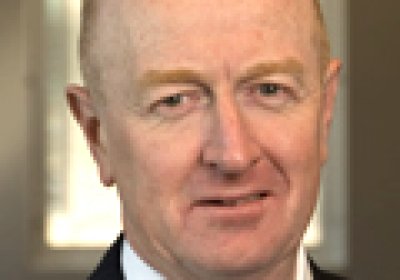Shakespeare reckoned that a rose by any other name would smell as sweet. Old Will is right of course, because whether you call it rhubarb, a rhododendron or a rocking horse, a rose is a rose.
Sometimes though, if enough people use the new name of an old thing often enough, they can convince themselves and others that it is in fact a different thing. Then, having transformed the thing semantically, we can consider it a new thing, and treat it as a new thing. This is nothing new. It is marketing and corporate branding 101 and it does not matter most of the time.






